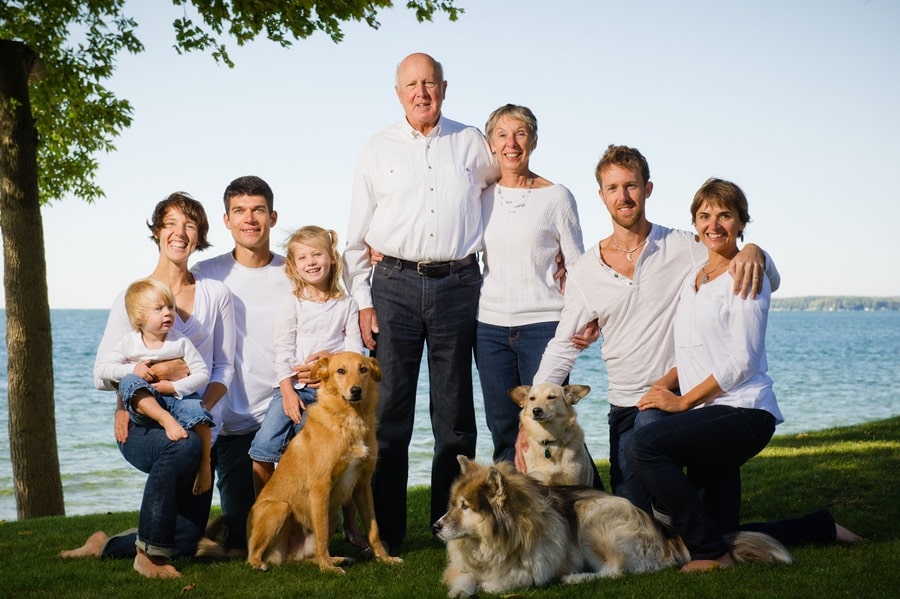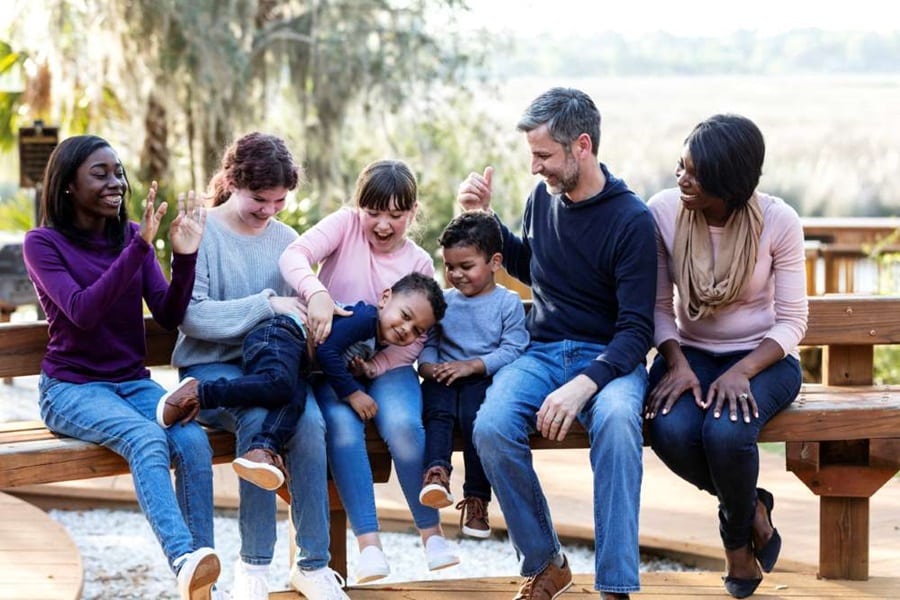Dealing with grief after losing someone close to you is one of the most difficult experiences a person can go through. The feelings of emptiness, sadness, anger, and confusion can be overwhelming, leaving you struggling to cope with everyday life. The grieving process is unique to each person, and there is no right or wrong way to grieve. However, there are steps you can take to help you cope with your loss and begin to heal. This article will attempt to help by exploring different ways to deal with grief after losing a loved one.
Contents
Understanding Grief
Grief is a natural reaction to losing someone or something we care about deeply. It is a complex mix of emotions and physical sensations that can be felt in many different ways. Some people may feel intense pain in their chest or stomach, while others may feel numb or detached. Some may feel deep sadness, while others may feel anger or frustration. Regardless of the specific emotions you experience, it’s important to remember that grief is a normal and natural process.
One important aspect of grief is that it is not linear, meaning that it doesn’t progress in a straight line from start to finish. Rather, it’s a cycle that can come and go in waves, and the intensity of these waves can vary daily or from moment to moment. Some days you may feel like you are making progress; other days, you may feel like you are back at square one. It’s important to be patient and allow yourself to experience the full range of emotions without judgment.
Helpful Tips To Learn To Deal With Grief
While reading the following tips may not make the pain of your loss go away, they may help you learn to manage your grief in healthier ways. Remember that not all of these will work for everyone, so you may have to experiment to find what works best for you.
Acknowledge Your Feelings
It’s natural to want to avoid the pain of grief, but avoiding your feelings will only prolong the healing process. Instead, try to allow yourself to feel the full range of emotions as they come up. This can involve journaling, talking to a trusted friend or therapist, or expressing yourself through art or other creative outlets. It’s also important to remember that crying and feeling sad is okay. Doing so can help you release built-up emotions and reduce feelings of stress and anxiety.
You should genuinely permit yourself to grieve. This means allowing yourself to process your loss, even if it means putting other responsibilities on hold for a while. Whether that is taking time off work, saying no to social invitations, or seeking support from family and friends. It’s also important to remember that grief can last long, and giving yourself the space and time to heal is okay.
Find Support
Grief can be a lonely and isolating experience, but you don’t have to go through it alone. One of the most important things you can do is reach out to friends and family for support. They can be a shoulder to cry on, listen to your feelings, and offer practical help when needed. Consider joining a support group where you can connect with others going through similar experiences.
A professional can provide you with a safe and supportive space to process your feelings and can help you develop coping strategies to manage your grief. It can also be beneficial to work with a therapist or counselor. They can also provide support and guidance as you navigate the grieving process and help you find meaning in your loss.
Take Care of Yourself
Grief can take a physical toll on your body, so taking care of yourself during this time is important. This can mean eating a healthy diet, exercising regularly, and getting enough sleep. It’s also important to avoid using drugs or alcohol to cope with your feelings, as they can negatively impact your health and make it harder to process your emotions.
It can be helpful to engage in activities that bring you joy and provide a sense of comfort. This can include hobbies, spending time with loved ones, or doing something that honors the memory of your loved one. You can also practice self-care by taking a relaxing bath, massage, or walking in nature.
Remember Your Loved One
Remembering the person you lost is an important part of the grieving process. This can involve keeping a photo or memento close by, sharing stories about them with others, or participating in a memorial service or ceremony. You can also consider volunteering for a cause that was important to them or donating in their memory.
And if it helps, try to focus on the good times you shared with your loved one and the lessons they taught you. Reflecting on these moments can help you feel connected to their memory in a meaningful way.
Honor Your Own Grief
It’s important to remember that everyone grieves differently, and there is no right or wrong way to do so. Don’t let anyone else tell you how you should or should not feel. It’s also important to remember that healing takes time, and there is no timeline for grieving. Be patient and give yourself permission to feel the full range of emotions as they arise.
You can find your way through the darkness of loss by honoring your grief and eventually moving forward. Grief is a complex emotion that takes time to process, but with self-care and support, you can slowly begin to heal.
Create a New Normal
As you begin to heal, it’s important to start thinking about your new normal. This can involve changing your routine, seeking new hobbies or activities, or spending time with different people. It’s also important to be patient with yourself as you adjust to this new way of life. It’s okay to feel scared or unsure about the future, but remember that you are resilient and capable of handling whatever comes your way.
Don’t ever feel like creating a new normal means forgetting about your loved one. Keeping their memory alive is an important part of the healing process and will help them find peace and joy in life even after a loss.
Learning To Deal With Grief Takes Time And Patience
No one should ever go through having to deal with grief after losing a loved one. But it’s important to remember that you’re not alone in your experience, and there are ways to cope with the pain of loss. And while death is a part of life and is something everyone must face eventually, healing and finding joy after losing a loved one is possible. With time and patience, you can find your way through the darkness of grief and eventually move forward with your life.









